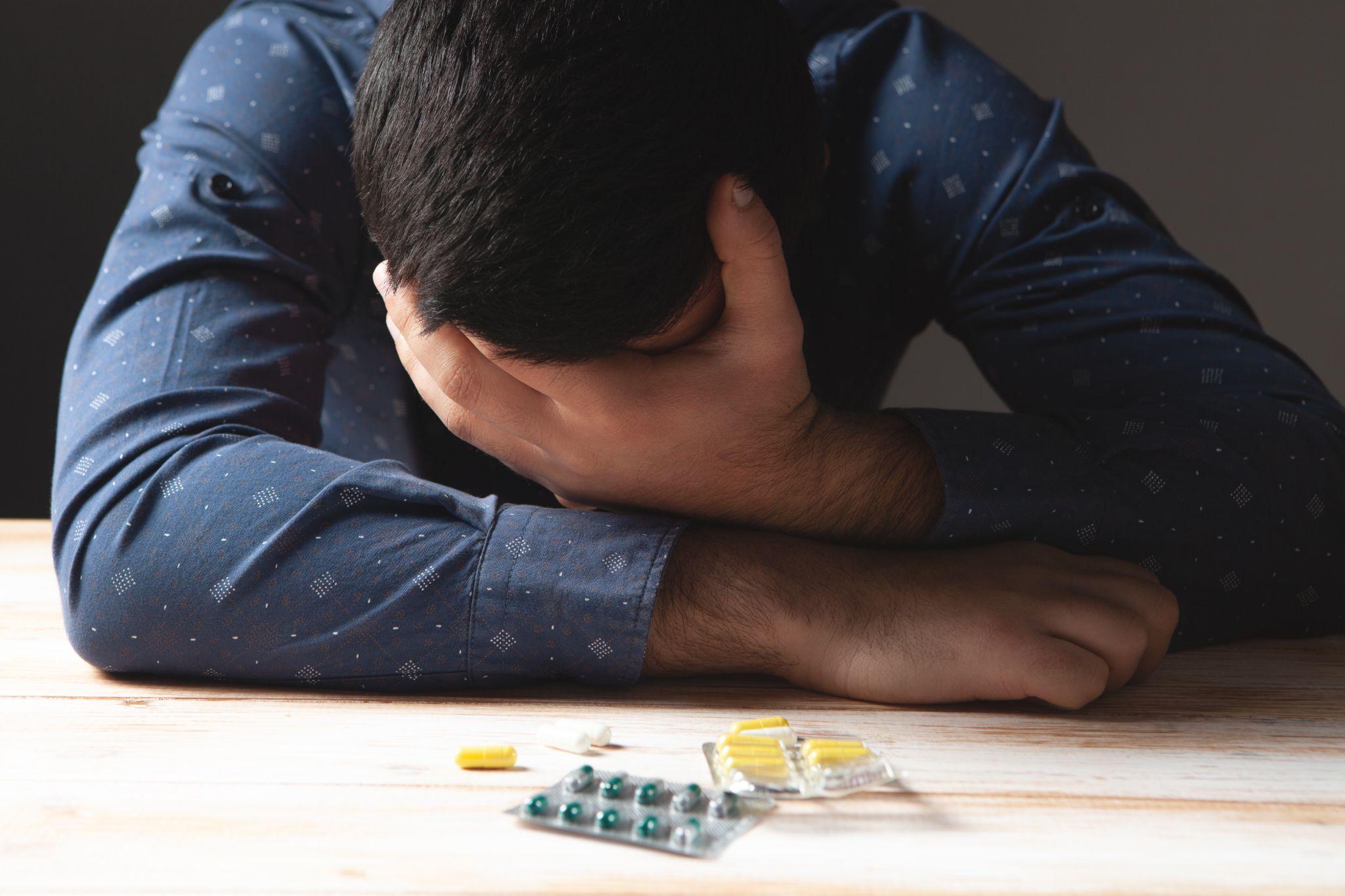One of the most persistent obstacles along the road to recovery is the experience of drug cravings. These intense desires for the substance from which one is recovering can appear daunting, testing one’s resolve and the progress made.
Similar to alcohol cravings, understanding and effectively managing drug cravings is a valuable part of long-term recovery and personal empowerment. Drug cravings and their nature can make recovery from a substance use disorder difficult, but learning actionable tips for coping can make recovery a little easier.
What Are Drug Cravings?
Drug cravings are powerful urges or desires to consume a drug to which one has been addicted. These cravings are not merely a matter of willpower but are deeply rooted in the brain’s biochemistry.
When an individual uses a drug, it can alter the brain’s reward system, creating a memory of perceived pleasure associated with drug use. As one stops using drugs, triggers such as stress, environmental cues, or certain emotions can reactivate these memories, leading to cravings.
Drug cravings can vary widely and be complex. Understanding the breadth of situations and emotions that can lead to cravings is crucial for individuals in recovery and their support networks.
Environmental Triggers
Places, smells, and sights associated with past drug use can powerfully evoke cravings. For instance, visiting a family member’s house where one used to use drugs, or even the smell of cigarette smoke or alcohol can trigger memories of substance use and the accompanying urge to use again.
The brain associates these sensory inputs with the pleasure or relief once derived from drug use, making it a challenge to stay on the path of recovery when confronted with these cues.
Emotional Triggers
Emotions play a significant role in cravings. Stress is a common trigger, as individuals may have previously used addictive substances as a coping mechanism for reducing stress.
Similarly, feelings of sadness or loneliness might drive the desire to escape these uncomfortable emotions through drug use. Even positive emotions like excitement or happiness can lead to cravings, as individuals might remember enhancing these feelings with substances in the past.
Physical Triggers
For some, physical sensations can act as triggers. For example, coming across drug paraphernalia, like seeing a syringe or a bottle of pills, can evoke a strong desire to use. Fatigue or physical pain can also trigger cravings, as individuals may have used drugs to feel more energetic or to self-medicate pain.
12 Tips for Coping With Drug Cravings
- Develop a craving emergency plan. Prepare a list of actions to take when a craving hits. This might include calling a supportive friend, going to a meeting, or engaging in a relaxation exercise. Having a plan can make you feel more in control and less likely to give in to the craving.
- Practice mindfulness and meditation. Incorporate mindfulness exercises into your daily routine to help manage stress and emotions, which are often triggers for cravings. Meditation can also help by teaching you to observe your cravings without acting on them, understanding that they are temporary and will pass.
- Use positive visualization. Visualize yourself successfully coping with your craving. Picture yourself engaging in a favorite activity, feeling relaxed and happy without using drugs. This positive imagery can boost your mood and motivation to resist the craving.
- Challenge and change your thoughts. Often, cravings are accompanied by self-defeating thoughts and justifications for using. Challenge these thoughts by reminding yourself of the reasons you want to stay sober and the negative consequences of drug use. Replace them with positive affirmations about your ability to cope and your commitment to recovery.
- Create a distraction box. Fill a box or a small bag with items that can help distract you from cravings. This might include stress balls, puzzle books, scented candles, or anything else that can help occupy your mind and soothe you in moments of craving.
- Engage in physical activity. Exercise releases endorphins, which are natural mood lifters. Regular physical activity can also help reduce stress, improve your physical health, and provide a constructive way to fill the time that might have been spent on drug-related activities.
- Adjust your environment. Make your living environment a supportive space for recovery. This might mean removing reminders of drug use and creating a calm, comfortable, and sober space. Consider redecorating or introducing elements that promote relaxation and positivity, like plants or art that inspires you.
- Learn and practice stress management techniques. Since stress is a common trigger for cravings, learning to manage stress effectively is crucial. Techniques such as deep breathing exercises, yoga, progressive muscle relaxation, or engaging in hobbies can help reduce stress levels.
- Build a supportive network. Surround yourself with people who support your recovery efforts. This can include friends, family, counselors, or members of support groups. Knowing you have people to turn to can make a significant difference in moments of weakness.
- Reflect on past successes. Keep a journal of your recovery journey, including times you’ve successfully managed cravings. Reflecting on these successes can boost your confidence and remind you that you have the strength to overcome challenges.
- Set short-term goals. Focus on short-term, achievable goals to help distract from cravings. Completing these goals can provide a sense of accomplishment and progress in your recovery journey.
- Consider professional support. If cravings are particularly intense or persistent, consider seeking professional help by attending an addiction treatment program. A therapist specializing in addiction can offer strategies tailored to your specific situation and needs.
Make a Change With Lumina Recovery
Coping with drug cravings is a critical skill for anyone on the journey to recovery. While the experience of these urges is challenging, it is possible to manage them through understanding, strategy, and support.
Lumina Recovery is prepared to offer you support from day one, including detox at our treatment facilities to manage withdrawal symptoms to telehealth visits. Each day you successfully navigate through cravings is a victory, a step closer to lasting recovery, and a testament to your strength and resilience.
If you want to learn more for yourself or a loved one about our programs, we are here to talk.



